- Home
- Nora Roberts
The Novels of Nora Roberts, Volume 5 Page 12
The Novels of Nora Roberts, Volume 5 Read online
Page 12
In the saddle, Sam was home.
White stretched out and gleamed under the sun. It trimmed the forests that climbed the hills, tucked outcroppings of rocks under its icy blanket.
But for the whisper of wind, the jingle of bridle, the world was as still as a painting in a frame.
“Pretty land we got here, Cooper.”
“Yes, sir, it is.”
“I’ve lived in this valley my whole life, working the land, working with horses. It’s all I ever wanted in this world except for your grandma. It’s what I know. I feel I’ve done something, knowing I can pass it to you.”
They rode nearly an hour, going nowhere in particular, and mostly in silence. Under the strong blue sky, the hills, the plains, the valley were white and cold. The melt would come, Coop knew, and the mud. The spring rains and the hail. But the green would come with it, and the young foals would dance in the pastures.
And that, Coop thought, was what he wanted now. To see the green come again, and watch the dance of horses. To live his life.
As they approached the house, Sam whistled under his breath.
“There’s your grandma, standing on the back porch, hands on her hips. We’re in for it now.”
Coop sent Sam a mild glance. “We, hell. You’re on your own.”
Deliberately, Sam led his horse into the yard.
“Well, don’t the pair of you look smug and stupid, riding around on horseback in the cold like a couple of idiots. I reckon now you want coffee and pie, like a reward.”
“I could do with pie. Nobody bakes a pie like my Lucille.”
She huffed, sniffed, then turned her back. “He breaks his leg getting off that horse, you’ll be tending to him, Cooper Sullivan.”
“Yes, ma’am.”
Coop waited until she stalked into the kitchen, then dismounted to help Sam down. “I’ll deal with the horses. You deal with her. You’ve got the dirty end of the stick on this one.”
He helped Sam to the door, then deserted the field.
He tended to the horses and the tack. Because there was no real need for him to go back to town, he dealt with a few minor repairs that had piled up. He wasn’t as good with his hands as his grandfather, but he was competent enough. At least he rarely smashed his thumb with a hammer.
When he finished, he walked over to take a look at the bunkhouse. It was no more than a long, low—and rough—cabin, in sight of the farmhouse and the paddocks.
But with enough distance, Cooper judged, for everyone to have their privacy. And he could admit, he missed his privacy.
Its use was primarily storage now, though it got put to use seasonally, or when there was a need, or enough money, to warrant a hand or two living on the premises.
The way he saw it there was more money now—his—and more need—his grandparents’. After he fixed up the bunkhouse, it might be time to consider refiguring the tack room in the barn and making it into quarters for a permanent farmhand.
He’d have to take that kind of change slowly, Coop knew. One step at a time.
He went inside the old bunkhouse. Nearly as cold in as out, he thought, and wondered when the potbellied stove had last been fired up. There were a couple of bunks, an old table, a few chairs. The kitchen would serve for frying up a meal and little else.
The floors were scarred, the walls rough. There was a lingering scent of grease and possibly sweat in the air.
A far cry from his apartment in New York, he thought. But then, he was done with that. He’d have to see what could be done to make this habitable.
It could work, and with enough room for a small office. He’d need one here, as well as the one in town. He didn’t want to have to go over to the house and share his grandparents’ office every time he had something to do.
Bedroom, bathroom—and that needed serious updating—galley kitchen, office. That would do. It wasn’t as if he’d be doing any entertaining.
By the time he’d finished poking around, outlining basic plans, he began to think about the pie. He hoped his grandmother had cooled off by now.
He walked over, stomped his boots, and went in.
And there was Lil, Goddamn it, eating pie at the kitchen table. His grandmother gave him the beady eye but rose to get a plate. “Go on and sit. Might as well spoil your supper. Your grandfather’s up taking a nap, seeing as he’s worn out from riding the range. Lil had to make do with me, and she came all the way out to see Sam.”
“Well,” was all Coop said. He took off his coat and hat.
“You keep Lil company. I need to go up and check on him.” She slapped the pie and a mug of coffee down, then flounced out.
“Shit.”
“She’s not as mad as she’s acting.” Lil forked up some pie. “She told me the ride did Sam a world of good, but she’s pissed the two of you went off without telling her. Anyway, it’s good pie.”
He sat, took the first bite. “Yeah.”
“She looks tired.”
“She won’t stop; she won’t even slow down. If she’s got ten minutes to sit down, she finds something else to do. They bicker day and night like a couple of ten-year-olds. Then . . .” He caught himself, caught himself talking to her as he might have done years before.
Before it ended.
He jerked a shoulder, forked up more pie. “Sorry.”
“It’s all right. I care about them, too. So you’re going to fix up the bunkhouse.”
“Word travels fast, since I only decided on that a couple hours ago.”
“I’ve been here nearly a half hour. Long enough to catch up on current events. You really mean to stay, then?”
“That’s right. Is that a problem?”
She lifted her brows. “Why would it be?”
He shrugged, went back to his pie.
“Not looking to be sheriff of Deadwood, are you?”
He glanced up, met her eyes. “No.”
“We were surprised when you quit the police force.” She waited a moment, but he didn’t respond. “I guess being a private investigator’s more exciting, and pays better than police work.”
“Pays better. Most of the time.”
She nudged the pie plate away to pick up her coffee. Settling in, he knew, to talk. Her lips curved, just a little. He knew the taste of them—exactly—the feel of them on his.
And the knowing was next to unbearable.
“It must’ve been interesting. The work.”
“It had moments.”
“So is it like it is on TV?”
“No.”
“You know, Cooper, you used to be able to actually hold a conversation.”
“I moved here,” he said shortly. “I’m helping run the farm and the horse business. That’s it.”
“If you want me to mind my own business, just say so.”
“Mind your own business.”
“Fine.” She slapped her coffee down and rose. “We used to be friends. I figured we could get back there. Apparently not.”
“I’m not looking to get back to anything.”
“Clear enough. Tell Lucy I said thanks for the pie, and I’ll be around to see Sam when I can. I’ll try to make sure I stay out of your way when I do.”
When she stomped out, he scooped up another bite of pie, glad to be alone again.
8
It took little time for Lil to swing back into routine. She had everything she wanted—her place, her work, like-minded people to work with, the animals. She caught up with the mail and phone calls best dealt with personally, spent time working on proposals for grants.
There was never enough money.
She needed time to get to know the new crop of interns who’d come on while she’d been in the Andes, and to look over the reports of animals they’d treated and released—the injured wild brought to them.
She fed animals, cleaned them and their enclosures, assisted Matt in treating them. Days filled to bursting with the sheer physical demands. Evenings she reserved for writing—arti
cles, papers, grant proposals, the bits of behind-the-scenes color that could influence a browser on the website to click on Donations.
Every night, alone, she checked the scope for Baby’s siblings, and other cats and wildlife they’d tagged over the years.
They’d lost some, to hunting season, to other animals, or just to age or accident. But she currently had six cougars who had originated in the Black Hills, tagged by her or one of the staff. One, a young male when tagged, had traveled to Iowa, another had ranged into Minnesota. The female from Baby’s litter had localized in the southwest of the Black Hills, occasionally roaming over into Wyoming during mating season.
She plotted locations, calculated dispersal distances, and speculated on behavior and choice of territory.
She thought it was time to buy a new horse, and go tracking. She had time before the spring season to capture and evaluate, tag and release.
In any case, she wanted some time in her own territory.
“You should take one of the interns with you,” Tansy insisted.
She should, she should. Education and training were essential arms of the refuge. But . . .
“I’ll be quicker in and out on my own.” Lil checked a radio transmitter, then packed it. “I’ve waited until late in the season for this. I don’t want to dawdle. Everything’s under control here,” she added. “Plus someone’s got to check on the camera up there. It’s a good time for me to take a few days, deal with that and maybe get a capture and release.”
“And if weather comes in?”
“I’m not going that far, Tansy. We’re losing data with that camera out, so it has to be checked. If weather comes in, I’ll head back, or wait it out.”
She added a second transmitter. She could get lucky.
“I’ll have the radio phone.” She swung the tranquilizer gun over her shoulder by the strap, hefted her pack.
“You’re leaving now?”
“Plenty of day left. With luck, I might have a capture tonight or tomorrow, tag it, and be on my way back.”
“But—”
“Stop worrying. Now I’m going to go buy a good horse from a former friend. That works out, I’ll leave from there. I’ll stay in touch.”
She hoped the former friend was in town or at the trailhead, dealing with his rental stock, customers, whatever he did with his days. She could horse-trade with Sam or Lucy, and avoid the annoyance of doing business with Coop.
Especially since he’d made it clear he wanted her to mind her own.
And to think she’d made a sincere effort to be friendly, to let bygones be. Well, screw that. If he wanted to be pissy, she’d be pissy right back.
But she wanted a good horse. Annoyance didn’t mean taking chances on the trail, and her usual mount was getting too old for this kind of trip.
Odds were, Lil thought as she drove to the neighboring farm, she’d be able to do no more than verify territory and activity on this little trip. She might get a sighting, but an actual capture and tag was a long shot. Worth it though, to add to her proposed ten-year study.
And it would give her the chance to see what, if any, human activity there might be.
When she arrived, she noted the ring and buzz—hammer and saw—from the bunkhouse. She recognized one of the trucks parked by the building as belonging to a local carpenter. Curiosity had her heading in that direction.
A mistake, she realized when Coop stepped out.
Business, she told herself. Just do the business.
“I need to buy a horse.”
“Something happen to yours?”
“No. I’m looking for one experienced on the trail. Mine’s getting on. I’d be looking for one between five and eight, say. Steady, mature, sound.”
“We don’t sell horses that aren’t sound. Going somewhere?”
She angled her head, spoke coolly. “Do you want to sell me a horse, Cooper?”
“Sure. I figure we both want me to sell you the right horse. Makes a difference if you want one for some pleasure riding on the trail, or one for working.”
“I work, so I need a horse who’ll work with me. And I want it today.”
“You’re planning on heading up today?”
“That’s right. Look, I’m going to try for a quick trap-and-tag. I need a reliable mount who can handle rough ground and has some nerve.”
“Have you spotted any cats near your place?”
“For somebody who wants me to mind my business, you sure are hell-bent on minding mine.”
“My horse,” he said.
“I haven’t seen anything within the sanctuary. We’ve got a camera out, and I want to check on it. Since I’m doing that, I’m going to set up a live trap and see if I get lucky. I’m planning on two days, three at most. Satisfied?”
“I thought you took a team for tagging.”
“If that’s the primary goal. I’ve handled it myself before. I’d like to buy that horse, Cooper, before spring. If it’s all the same to you.”
“I’ve got a six-year-old gelding that might suit you. I’ll bring him out so you can take a look.”
She started to say she’d just go with him, then changed her mind. She’d stay put. Less need for conversation. Less chance she’d give in and ask if she could see what was going on inside the old bunkhouse.
She liked the look of the gelding right off. He was a handsome brown-and-white piebald with a long slash down to his nose. His ears and eyes stayed alert as Coop led him over to the paddock fence.
The sturdy build told her he’d carry her and her gear without trouble.
He didn’t shy or sidestep when she checked his legs, his hooves. He jerked his head some when she checked his mouth, his teeth, but didn’t try any nip.
“He handles well. Got some spunk so we don’t use him unless the rider’s experienced. He likes to move.” Coop gave the gelding a rub. “He’s steady, he just gets bored if he’s doing nothing but plodding along in a line of others. Tends to stir up trouble. Likes to be in the lead.”
“What are you asking?”
“Since you’re buying a horse, you’ve got your saddle with you. Saddle him up, ride him around some. Take your time. I’ve got a couple things to see to.”
She did just that. The gelding gave her one curious look, as if to say, This isn’t usual. Then stood patiently while she saddled him, switched the tack for her own. When she mounted, he did a little shift and quiver in place.
Are we going? Are we?
She clucked her tongue and sent him into a quick, happy trot. She used sounds, her knees and heels, her hands to test him on commands. Well-trained, she concluded, but she’d expected no less from Wilks’s stock.
She figured her high end, and the price she’d like to pay, while she worked the gelding through paces and turns.
He’d do, she thought. He’d do just fine.
She slowed to a walk when Coop came back, leading a bay mare already saddled. “Has this one got a name?”
“We call him Rocky. Because he just keeps going.”
That got a laugh out of her. “He fits the bill. What are you asking?”
He named a price, right at her high end, then walked toward the house to retrieve a pack he’d set on the porch.
“That’s a little steeper than I’m looking for.”
“We can dicker on the trail.”
“I’ll give you . . . what?”
“I’m going with you.”
Flustered, she nearly stuttered. “No you’re not.”
“My horse.”
“Listen, Cooper.” She cut herself off, took a breath. “Why do you think, mistakenly, you’re going with me?”
“My grandparents could use some time without me underfoot. I’m tired of hearing the banging. We’re slow right now, so Gull can handle things for a day or two. And I feel like a little camping.”
“Then camp somewhere else.”
“I’m going with the horse. You’d better get your gear.”
She d
ismounted, looped the reins around the fence. “I’ll give you a fair price for him. Then he’s my horse.”
“You’ll give me a fair price when we get back. Consider it a test drive. If you’re not happy with him after, no charge for the rental.”
“I don’t want company.”
“I’m not looking to be company. I’m just going with the horse.”
She swore, shoved at her hat. The longer this went on, she realized, the more she wanted that damn horse. “Fine. You keep up or I leave you behind. You’d better have your own tent, your own gear, your own food, because I’m not sharing. And keep your hands to yourself, this isn’t a ride down memory lane.”
“Same goes.”
HE DIDN’T KNOW why he was doing it. All the reasons he gave were true enough, but they weren’t the why. The simple fact was he didn’t particularly want to be with her for an hour, much less a day or two—it was just easier to steer clear.
But he didn’t like the idea of her going by herself.
Stupid reason, he admitted as they rode in silence. She could go where she wanted and when. He couldn’t stop her if he’d wanted to. And she could have gone without him knowing about it, and if he hadn’t known about it he wouldn’t have thought about it. And wondered if she was okay.
So when he looked at it that way, it was easier to go than to stay.
In any case, the impulsive trip had some clear advantage. The first was the blessed quiet. He could hear the wind whisper through the trees, and the clomp of hooves on snowy ground, the creak of leather.
For a day or two he wouldn’t have to think. About payroll, overhead, grooming, feeding, his grandfather’s health, his grandmother’s mood.
He could do what he hadn’t had the time, and maybe not the inclination, to do since he’d come back to South Dakota.
He could just be.
They rode for a full hour without a word between them before she pulled up and he came up alongside her.
“This is stupid. You’re stupid. Go away.”
“Have you got a problem breathing the same air as I do?”
“You can breathe all the air you want.” She waved a hand in a circle. “There are miles of air. I just don’t see the point in this.”

 A Little Magic
A Little Magic Vision in White
Vision in White True Betrayals
True Betrayals The Next Always
The Next Always A Man for Amanda
A Man for Amanda Born in Fire
Born in Fire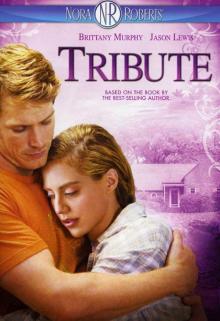 Tribute
Tribute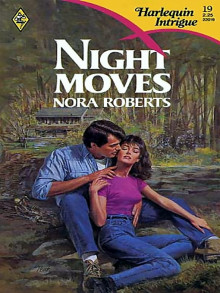 Night Moves
Night Moves Dance Upon the Air
Dance Upon the Air The Name of the Game
The Name of the Game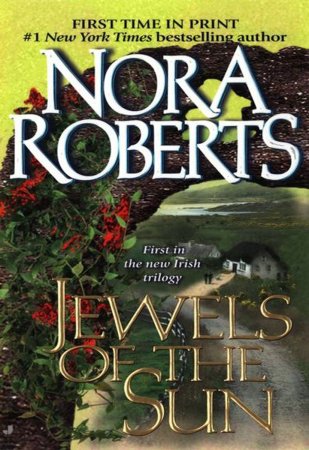 Jewels of the Sun
Jewels of the Sun River's End
River's End Public Secrets
Public Secrets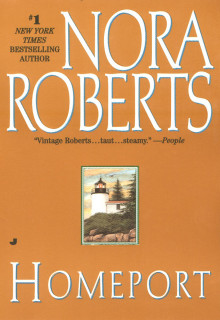 Homeport
Homeport Private Scandals
Private Scandals The Witness
The Witness Blithe Images
Blithe Images Hidden Riches
Hidden Riches Key of Light
Key of Light Divine Evil
Divine Evil High Noon
High Noon Blue Dahlia
Blue Dahlia Sea Swept
Sea Swept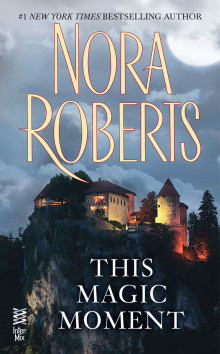 This Magic Moment
This Magic Moment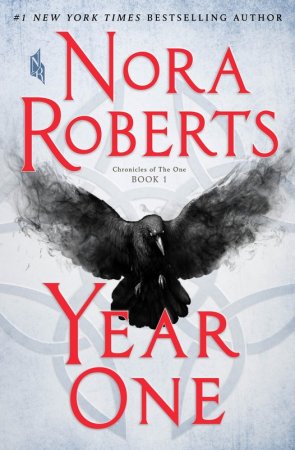 Year One
Year One A Little Fate
A Little Fate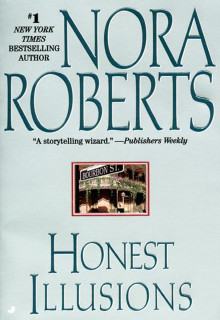 Honest Illusions
Honest Illusions The Reef
The Reef Shelter in Place
Shelter in Place The Hollow
The Hollow Holding the Dream
Holding the Dream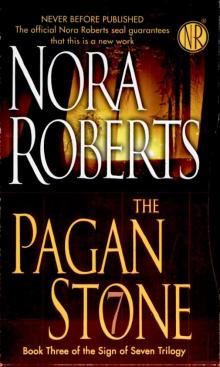 The Pagan Stone
The Pagan Stone Savour the Moment
Savour the Moment The Perfect Hope
The Perfect Hope Island of Glass
Island of Glass Happy Ever After
Happy Ever After Bed of Roses
Bed of Roses Stars of Fortune
Stars of Fortune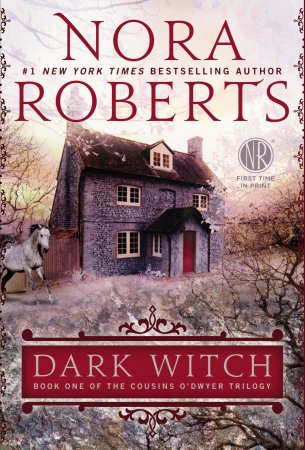 Dark Witch
Dark Witch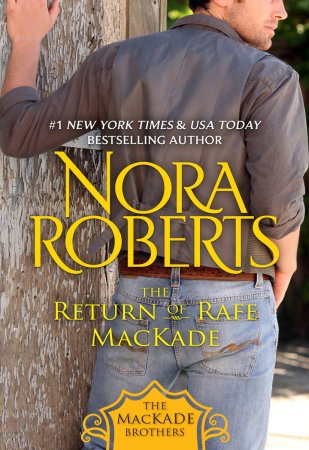 The Return of Rafe MacKade
The Return of Rafe MacKade Chesapeake Blue
Chesapeake Blue The Perfect Neighbor
The Perfect Neighbor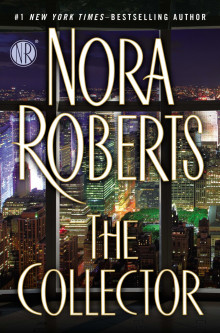 The Collector
The Collector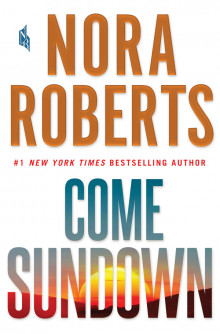 Come Sundown
Come Sundown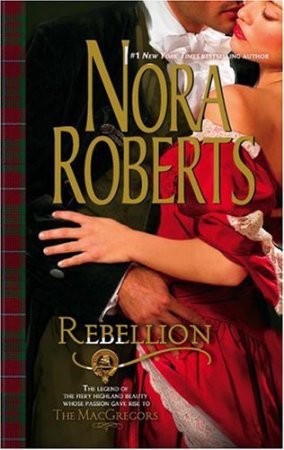 Rebellion
Rebellion Affaire Royale
Affaire Royale Daring to Dream
Daring to Dream Bay of Sighs
Bay of Sighs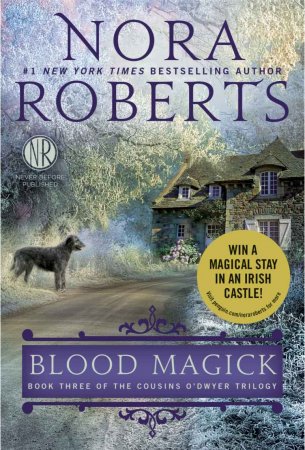 Blood Magick
Blood Magick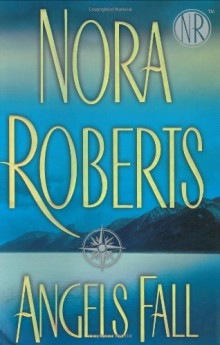 Angels Fall
Angels Fall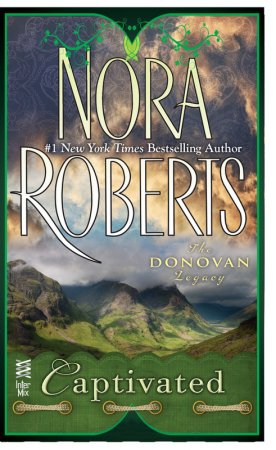 Captivated
Captivated The Last Boyfriend
The Last Boyfriend Irish Thoroughbred
Irish Thoroughbred Inner Harbor
Inner Harbor The Right Path
The Right Path Night Shadow
Night Shadow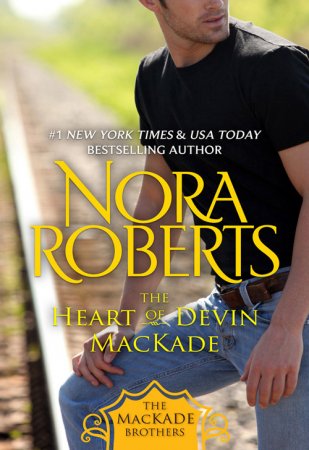 The Heart of Devin MacKade
The Heart of Devin MacKade Shadow Spell
Shadow Spell The Playboy Prince
The Playboy Prince The Fall of Shane MacKade
The Fall of Shane MacKade Rising Tides
Rising Tides Command Performance
Command Performance Hidden Star
Hidden Star Cordina's Crown Jewel
Cordina's Crown Jewel The MacGregor Brides
The MacGregor Brides The Pride of Jared MacKade
The Pride of Jared MacKade Born in Ice
Born in Ice Whiskey Beach
Whiskey Beach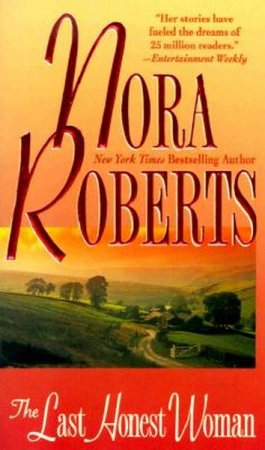 The Last Honest Woman
The Last Honest Woman Night Shield
Night Shield Born in Shame
Born in Shame Secret Star
Secret Star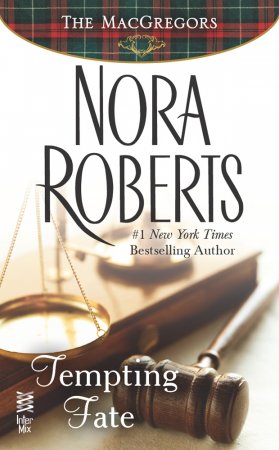 Tempting Fate
Tempting Fate Nightshade
Nightshade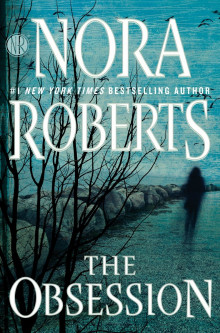 The Obsession
The Obsession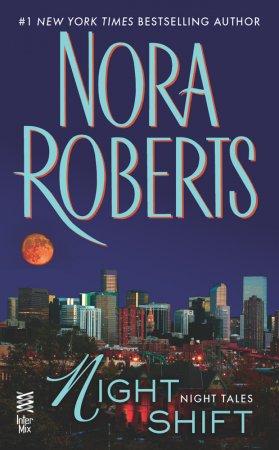 Night Shift
Night Shift Playing The Odds
Playing The Odds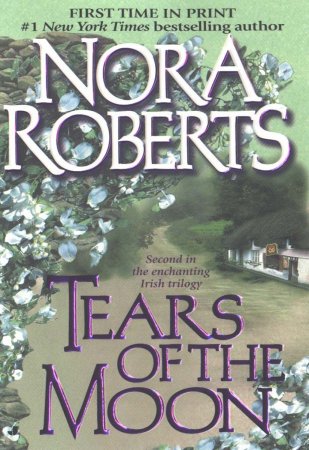 Tears of the Moon
Tears of the Moon One Man's Art
One Man's Art The MacGregor Groom
The MacGregor Groom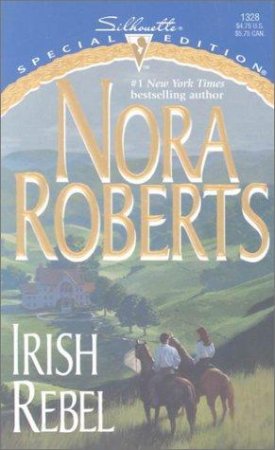 Irish Rebel
Irish Rebel Morrigan's Cross
Morrigan's Cross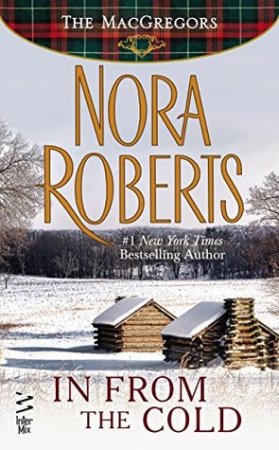 In From The Cold
In From The Cold Night Smoke
Night Smoke Finding the Dream
Finding the Dream Red Lily
Red Lily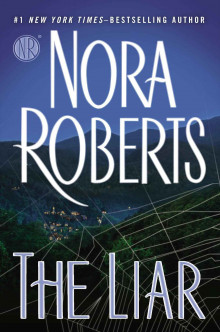 The Liar
The Liar Montana Sky
Montana Sky Heart of the Sea
Heart of the Sea All The Possibilities
All The Possibilities Opposites Attract
Opposites Attract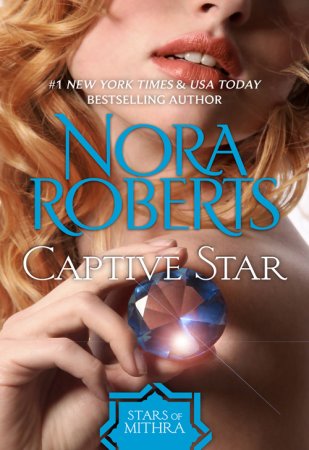 Captive Star
Captive Star The Winning Hand
The Winning Hand Key of Valor
Key of Valor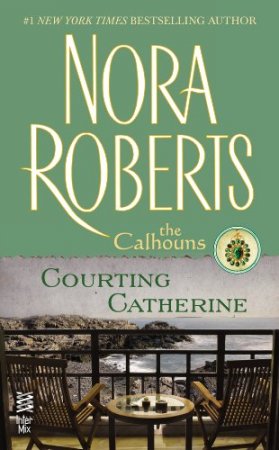 Courting Catherine
Courting Catherine Heaven and Earth
Heaven and Earth Face the Fire
Face the Fire Untamed
Untamed Skin Deep
Skin Deep Enchanted
Enchanted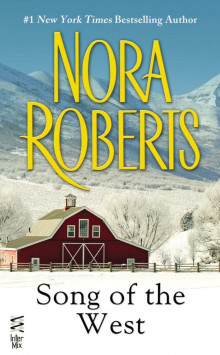 Song of the West
Song of the West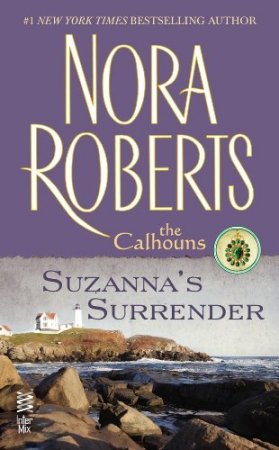 Suzanna's Surrender
Suzanna's Surrender Entranced
Entranced Dance of the Gods
Dance of the Gods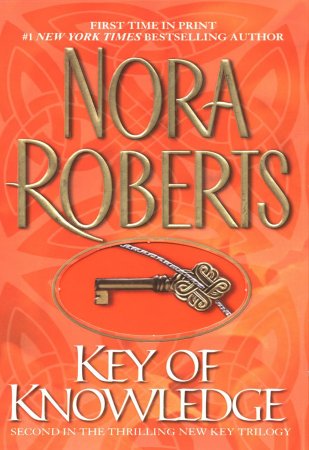 Key of Knowledge
Key of Knowledge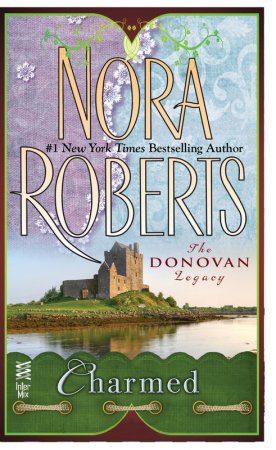 Charmed
Charmed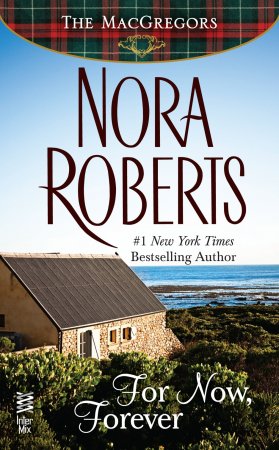 For Now, Forever
For Now, Forever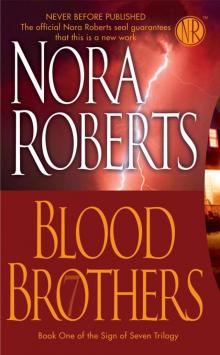 Blood Brothers
Blood Brothers Sweet Revenge
Sweet Revenge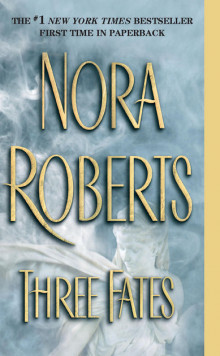 Three Fates
Three Fates Mind Over Matter
Mind Over Matter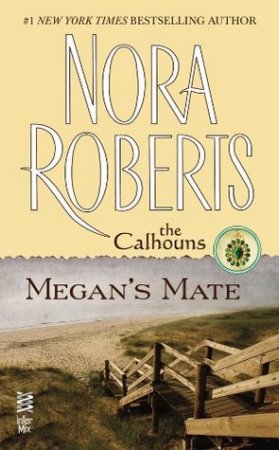 Megan's Mate
Megan's Mate Valley of Silence
Valley of Silence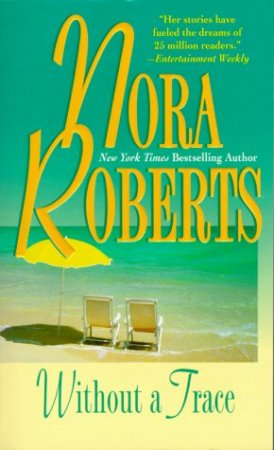 Without A Trace
Without A Trace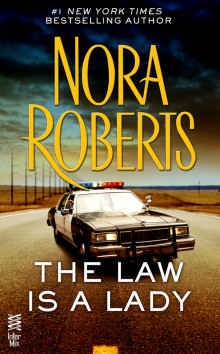 The Law is a Lady
The Law is a Lady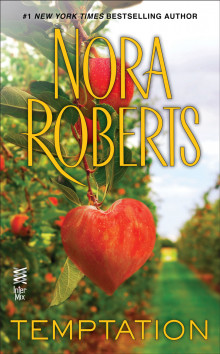 Temptation
Temptation Dance to the Piper
Dance to the Piper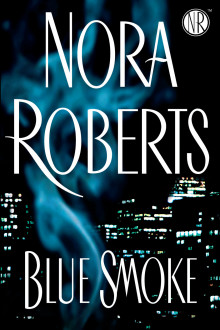 Blue Smoke
Blue Smoke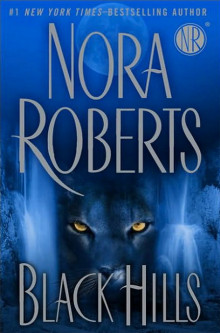 Black Hills
Black Hills The Heart's Victory
The Heart's Victory Sullivan's Woman
Sullivan's Woman Genuine Lies
Genuine Lies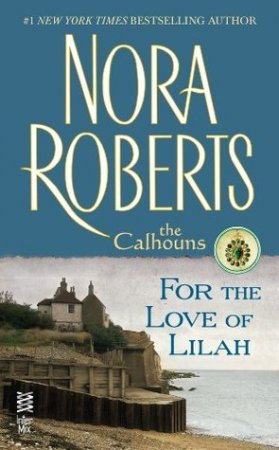 For the Love of Lilah
For the Love of Lilah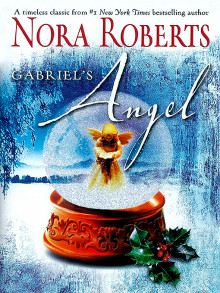 Gabriel's Angel
Gabriel's Angel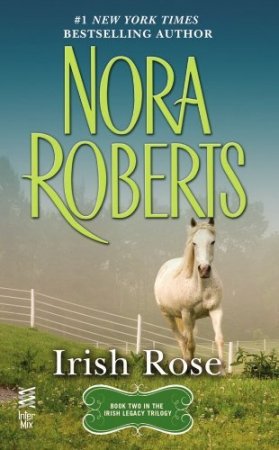 Irish Rose
Irish Rose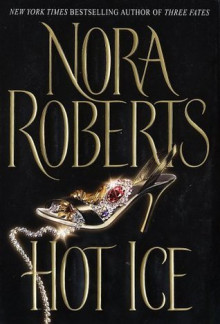 Hot Ice
Hot Ice Dual Image
Dual Image Lawless
Lawless Catch My Heart
Catch My Heart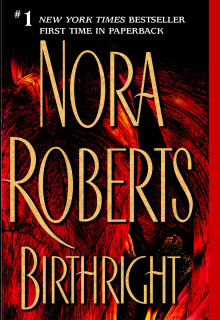 Birthright
Birthright First Impressions
First Impressions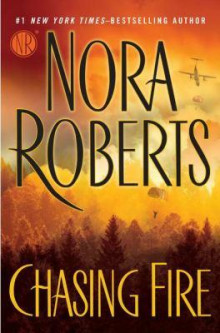 Chasing Fire
Chasing Fire Carnal Innocence
Carnal Innocence Best Laid Plans
Best Laid Plans The Villa
The Villa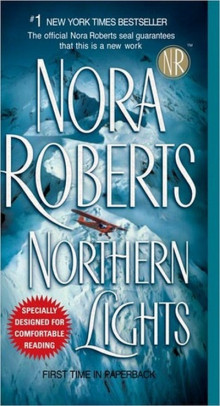 Northern Lights
Northern Lights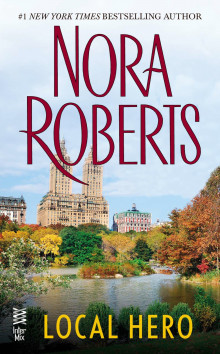 Local Hero
Local Hero Island of Flowers
Island of Flowers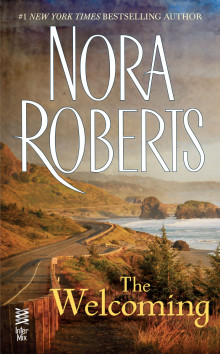 The Welcoming
The Welcoming All I Want for Christmas
All I Want for Christmas Black Rose
Black Rose Hot Rocks
Hot Rocks Midnight Bayou
Midnight Bayou The Art of Deception
The Art of Deception From This Day
From This Day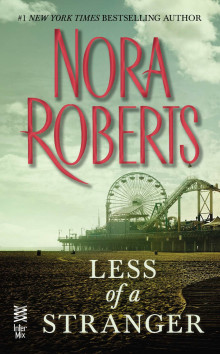 Less of a Stranger
Less of a Stranger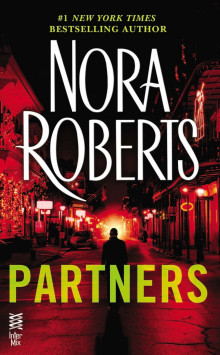 Partners
Partners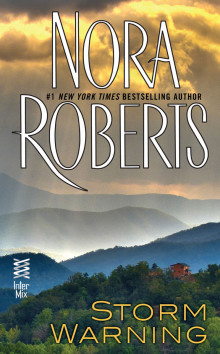 Storm Warning
Storm Warning Once More With Feeling
Once More With Feeling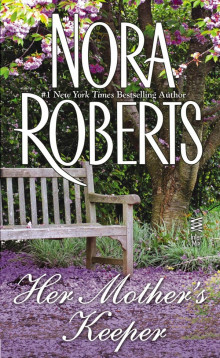 Her Mother's Keeper
Her Mother's Keeper Sacred Sins
Sacred Sins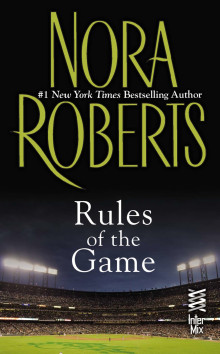 Rules of the Game
Rules of the Game Sanctuary
Sanctuary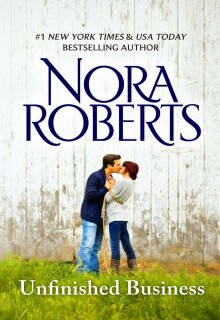 Unfinished Business
Unfinished Business Cordina's Royal Family Collection
Cordina's Royal Family Collection Dangerous Embrace
Dangerous Embrace One Summer
One Summer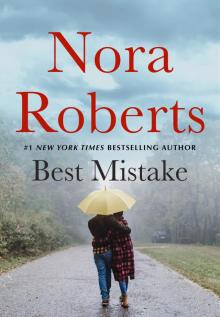 The Best Mistake
The Best Mistake Boundary Lines
Boundary Lines Under Currents
Under Currents The Stanislaski Series Collection, Volume 1
The Stanislaski Series Collection, Volume 1 The Rise of Magicks
The Rise of Magicks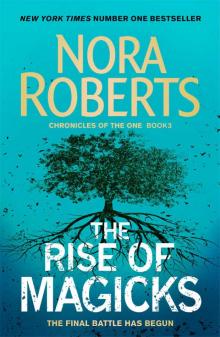 The Rise of Magicks (Chronicles of The One)
The Rise of Magicks (Chronicles of The One) The Awakening: The Dragon Heart Legacy Book 1
The Awakening: The Dragon Heart Legacy Book 1 Dance of Dreams
Dance of Dreams Skin Deep: The O'Hurleys
Skin Deep: The O'Hurleys The Quinn Legacy: Inner Harbor ; Chesapeake Blue
The Quinn Legacy: Inner Harbor ; Chesapeake Blue![[Chronicles of the One 03.0] The Rise of Magicks Read online](http://i1.bookreadfree.com/11/chronicles_of_the_one_03_0_the_rise_of_magicks_preview.jpg) [Chronicles of the One 03.0] The Rise of Magicks
[Chronicles of the One 03.0] The Rise of Magicks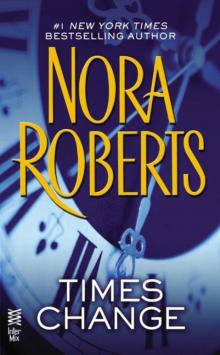 Times Change
Times Change Dance to the Piper: The O'Hurleys
Dance to the Piper: The O'Hurleys Christmas In the Snow: Taming Natasha / Considering Kate
Christmas In the Snow: Taming Natasha / Considering Kate Waiting for Nick
Waiting for Nick Summer Desserts
Summer Desserts Dream 2 - Holding the Dream
Dream 2 - Holding the Dream The Novels of Nora Roberts, Volume 2
The Novels of Nora Roberts, Volume 2 In the Garden Trilogy
In the Garden Trilogy Eight Classic Nora Roberts Romantic Suspense Novels
Eight Classic Nora Roberts Romantic Suspense Novels Best Laid Plans jh-2
Best Laid Plans jh-2 From the Heart
From the Heart Holiday Wishes
Holiday Wishes Dream 1 - Daring to Dream
Dream 1 - Daring to Dream Second Nature
Second Nature Summer Pleasures
Summer Pleasures Once Upon a Castle
Once Upon a Castle Stars of Mithra Box Set: Captive StarHidden StarSecret Star
Stars of Mithra Box Set: Captive StarHidden StarSecret Star Impulse
Impulse The Irish Trilogy by Nora Roberts
The Irish Trilogy by Nora Roberts The Pride Of Jared Mackade tmb-2
The Pride Of Jared Mackade tmb-2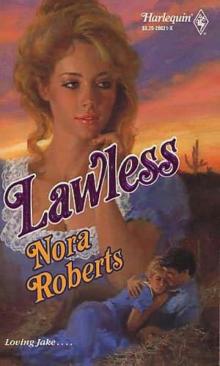 Lawless jh-3
Lawless jh-3 Taming Natasha
Taming Natasha Endless Summer
Endless Summer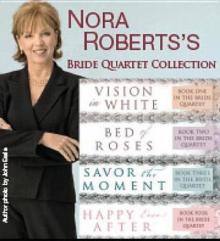 Bride Quartet Collection
Bride Quartet Collection Happy Ever After tbq-4
Happy Ever After tbq-4 Heart Of The Sea goa-3
Heart Of The Sea goa-3 Search for Love
Search for Love Once upon a Dream
Once upon a Dream Once Upon a Star
Once Upon a Star Dream Trilogy
Dream Trilogy Risky Business
Risky Business The Novels of Nora Roberts, Volume 3
The Novels of Nora Roberts, Volume 3 Dream 3 - Finding the Dream
Dream 3 - Finding the Dream Promises in Death id-34
Promises in Death id-34 The Novels of Nora Roberts, Volume 4
The Novels of Nora Roberts, Volume 4 The Perfect Hope ib-3
The Perfect Hope ib-3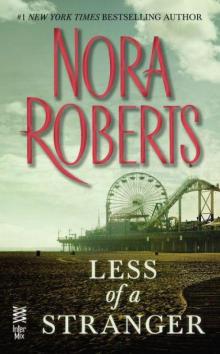 Less than a Stranger
Less than a Stranger Savour the Moment: Now the Big Day Has Finally Arrived, It's Time To...
Savour the Moment: Now the Big Day Has Finally Arrived, It's Time To... Convincing Alex
Convincing Alex Bed of Roses tbq-2
Bed of Roses tbq-2 Savour the Moment tbq-3
Savour the Moment tbq-3 Lessons Learned
Lessons Learned Key Of Valor k-3
Key Of Valor k-3 Red lily gt-3
Red lily gt-3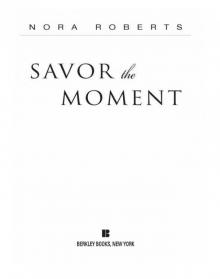 Savor the Moment
Savor the Moment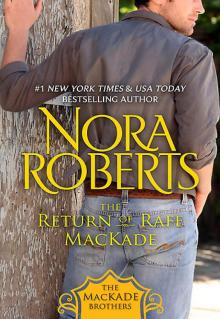 The Return Of Rafe Mackade tmb-1
The Return Of Rafe Mackade tmb-1 For The Love Of Lilah tcw-3
For The Love Of Lilah tcw-3 Black Rose gt-2
Black Rose gt-2 Novels: The Law is a Lady
Novels: The Law is a Lady Chesapeake Bay Saga 1-4
Chesapeake Bay Saga 1-4 Considering Kate
Considering Kate Moon Shadows
Moon Shadows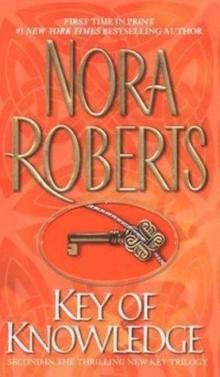 Key of Knowledge k-2
Key of Knowledge k-2 The Sign of Seven Trilogy
The Sign of Seven Trilogy Once Upon a Kiss
Once Upon a Kiss The Novels of Nora Roberts, Volume 5
The Novels of Nora Roberts, Volume 5 Suzanna's Surrender tcw-4
Suzanna's Surrender tcw-4 The Quinn Brothers
The Quinn Brothers Falling for Rachel
Falling for Rachel Brazen Virtue
Brazen Virtue Time Was
Time Was The Gallaghers of Ardmore Trilogy
The Gallaghers of Ardmore Trilogy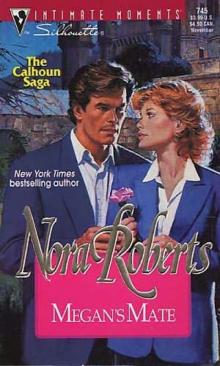 Megan's Mate tcw-5
Megan's Mate tcw-5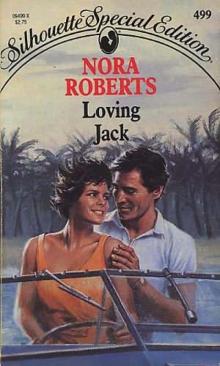 Loving Jack jh-1
Loving Jack jh-1 Rebellion & In From The Cold
Rebellion & In From The Cold Blue Dahlia gt-1
Blue Dahlia gt-1 The MacGregor Grooms
The MacGregor Grooms The Next Always tibt-1
The Next Always tibt-1 The Heart Of Devin Mackade tmb-3
The Heart Of Devin Mackade tmb-3 The Novels of Nora Roberts Volume 1
The Novels of Nora Roberts Volume 1 Treasures Lost, Treasures Found
Treasures Lost, Treasures Found Nora Roberts's Circle Trilogy
Nora Roberts's Circle Trilogy The Key Trilogy
The Key Trilogy The Fall Of Shane Mackade tmb-4
The Fall Of Shane Mackade tmb-4 A Will And A Way
A Will And A Way Jewels of the Sun goa-1
Jewels of the Sun goa-1 Luring a Lady
Luring a Lady